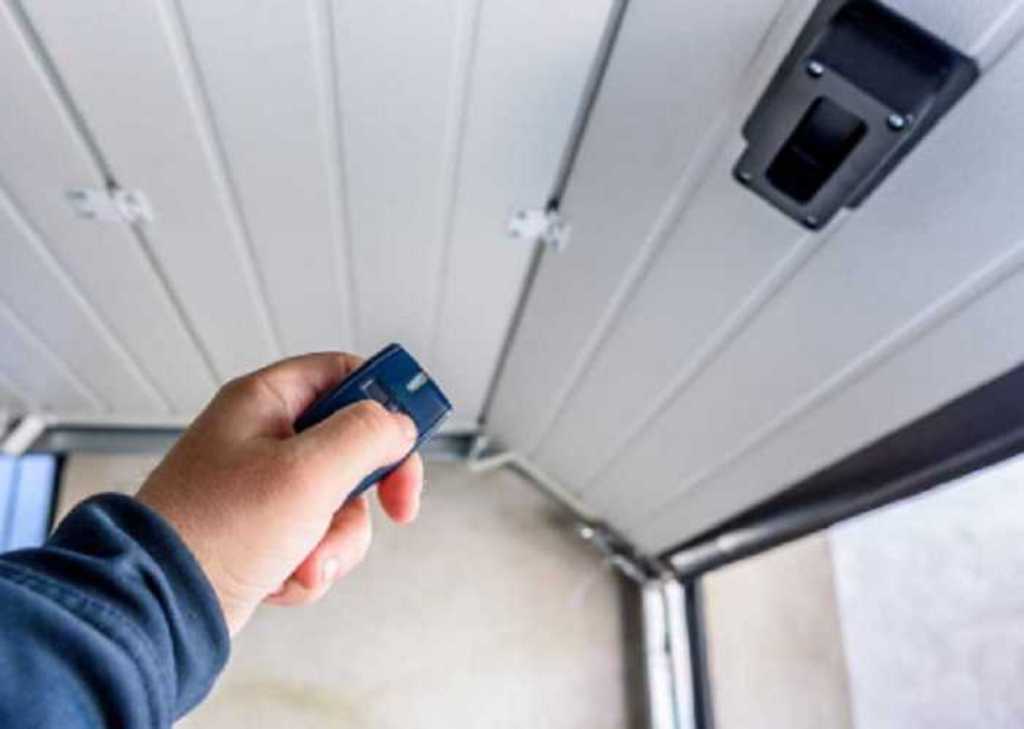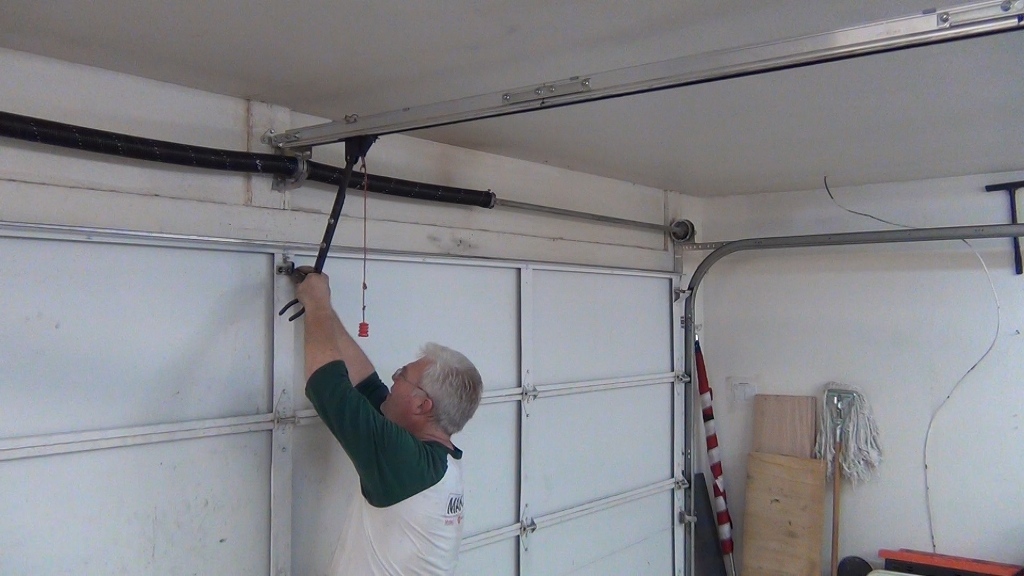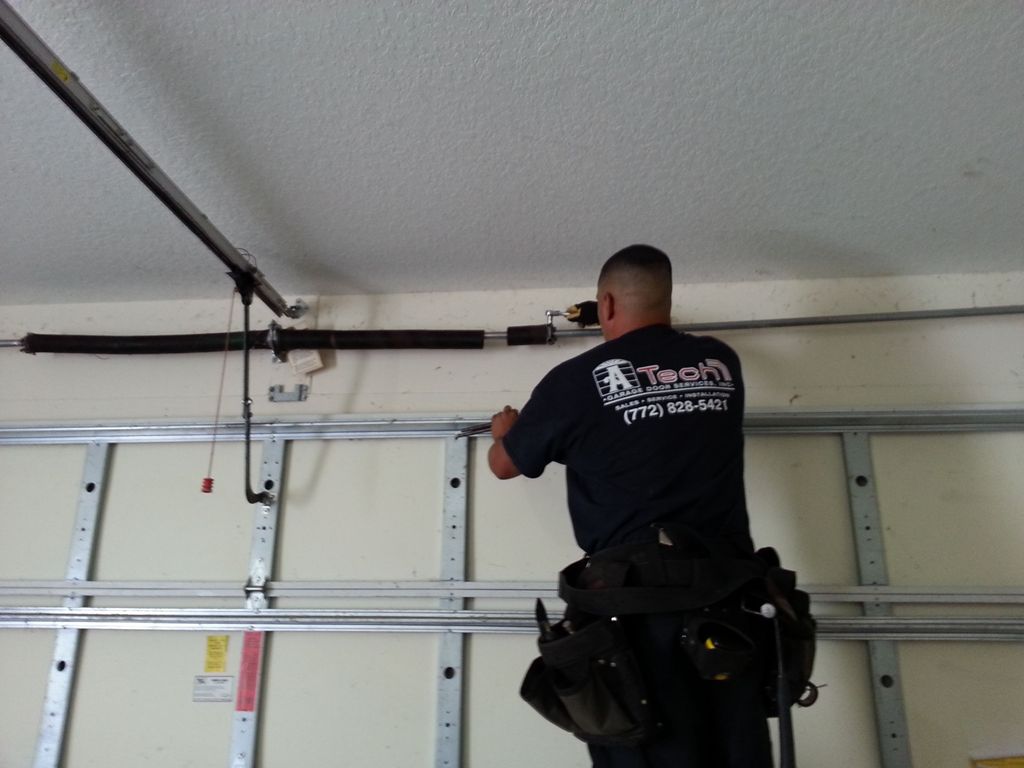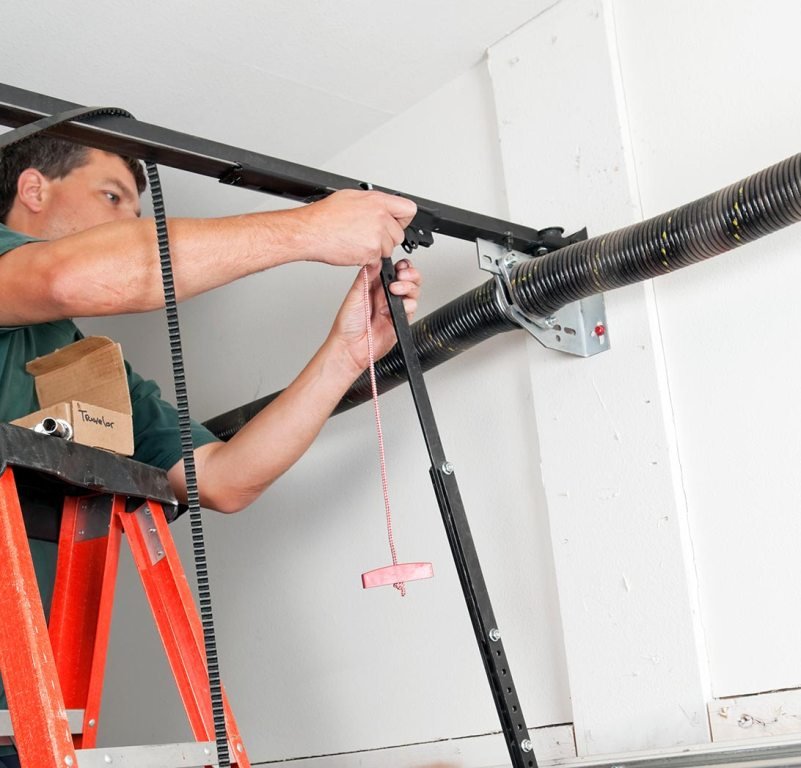A garage door is a critical component of several homes. This asset renders the convenience of allowing household members to enter their abodes with a push of a button.
This large entryway also serves as an extra layer of safety. The materials used in the construction of this door aids in letting burglars fail in their attempts to break into your peaceful dwelling. But, one day, your garage door might seem like there’s something wrong with it. Perhaps, the opener needs repair.
Here are eleven signs to watch out if your garage door opener needs fixing.
1. Failure to Open or Close
A garage door failing to open or close can become a severe issue. Imagine opening the door to your garage so you can park your car correctly. As soon as you press the button to close the entryway, it fails to accomplish this command.
The inability of garage doors to open or close might be because of a faulty component. To verify this, check the door opener for any clear signs of damage. Also, take a look at the cables if they’re worn or broken. Consequently, the device might have a rusty or stripped gear.

Another component at fault might be the springs in the door-opening module. If the springs are faulty, the garage door might only open halfway or not at all.
If you find any of these signs, don’t attempt to fix the garage door opener if you don’t have proper knowledge about the task. You can learn more about repairing this device by asking professionals. Conversely, you can hire the services of garage door repair technicians to help troubleshoot and fix this problem.
2. Functions Unexpectedly
One moment you’re relaxing in your living room trying to watch TV, and then your garage door opens suddenly. Your garage door opening or closing without any human interaction can be a tell-tale sign that there’s something amiss with the opener.
Furthermore, the opener operating without you pressing a button can become a health hazard. For example, you’re trying to park your car when the garage door decides to close by itself. The next thing you might see is the door trying to use its weight to crush your vehicle.
If this happens, contact a garage door repair service immediately when the entryway is functioning without any human assistance. Also, stay away from the door while the problem persists. This is to protect you and other people from harm’s way.
3. There’s Too Much Noise
Garage doors opening and closing aren’t the quietest devices on the planet. It might be natural to hear the gears, springs, and other components operating while you’re opening or closing the entryway. But, there might be an underlying problem if there are unknown noises from the opener.
You might hear gears grinding, springs trying to stretch, or cracking sounds. Once you hear these rackets, stop the opener immediately. Otherwise, you might risk further damage to the device.
Loud and unknown noises might come from rusty gears, overstretched springs, and damaged cables. Deterioration might be the primary culprit for the damages caused on the garage door opener.
You can replace the offending parts. But, again, you shouldn’t attempt to fix the machine if you don’t have prior knowledge about the task. Call professional technicians to lessen health risks that may come with the repair job.
At this point, you might be looking for a reliable garage door repair company. You can start your search by checking this video:
4. A Non-Responsive Door or Remote
Imagine the following scenario: you’re going home from a stressful day at school or work. The only thing left to do before you enter your house is to park the car inside the garage. But, the garage door doesn’t respond to the commands sent by the remote.
The situation can put additional and unwanted stress to your day. However, take a deep breath and look for the possible reasons for this garage door breakdown before you get lost in your emotions.
If the door isn’t responding to the remote, it could be the handheld device’s fault. You can simply attempt to replace the batteries of the remote control. If that action doesn’t work, then it might be the door opener that’s giving you problems.
A few reasons why the door isn’t responding to the remote are:
- A poor connection between the control panel and the door
- No power in the garage door opener
- A malfunction in the opener that inhibits it from functioning
You can check the control panel if it receives power from a nearby electrical outlet. If the cables seem intact, then there might be a root cause of the dilemma.
5. A Slow Response Time
Aside from a non-functioning door or remote, perhaps your garage’s entryway might take more time than usual to open or close.
Before, it might only take a few seconds for the door to start opening or closing. Now, the doorway might take more than a few seconds to a few minutes to start functioning.

If this predicament happens, you can troubleshoot the opener before calling the professionals. Start by applying lubricant on the door’s hinges, rollers, and tracks. The extra lubrication help ensures that the door won’t stick when it opens or closes.
But, if the problem persists after lubricating specific parts, then it might be time to call a professional garage door repair person.
6. Excessive Shaking or Vibrations
Garage doors tend to vibrate when opening or closing. However, the vibrations might become excessive when there’s an underlying problem with the door opener.
This significant shaking might not be a new experience for you, especially if you have experience working with old motors. These devices tend to gather wear and tear over time. Perhaps your garage door opener served you for over five years, and it’s now showing signs of age.
Don’t brush off this sign as anything but a natural state for your garage door opener. The shaking can loosen bolts, which might increase the risk of accidents. Loose bolts can also increase the dangers of the garage doors falling off of its locks and hinges.
Consider replacing your garage door and its components when the shakings or vibrations become too excessive.
Give your garage a new life with a new door. As a bonus, you might also receive a new warranty for the installation.
7. The Lights Don’t Work
Automatic garage doors may have lights that turn on to signify that it’s ready for operation. However, when you press the button on the remote or control panel, and it doesn’t turn on the lights, yet the garage door works fine, this is an indication of a problem.
If you experience this scenario, you might need to replace the light socket. Take note, replacing the light socket in a garage door opener is different than changing a conventional light bulb.
You can start by removing the circuit board to get to the light receptacle. After removing the board, remove the broken or old socket by depressing the clip that holds the component in place. You should see a two-wire connection. Remove this element carefully before installing the new light socket.
Replacing the new socket is actually not expensive. But, accidentally damaging parts from the removal of the circuit board might deliver unwanted expenses. Hence, it might be best for expert technicians to handle this seemingly easy job if you don’t want to risk additional investments in repairing your garage door opener.
8. Sagging and Uneven Garage Door
Garage door installations should show you an image of parallel lines when looking at the open entryway and your driveway. But, wear, tear, and age might cause the garage door to sag. Perhaps, the offending parts might be a few bolts and screws loose on the door. However, if these components seem to be tight enough to hold the door properly, then the problem might lie in the opener.
The garage door opener should come equipped with functional gears, cables, and other components, which should work in harmony. If these parts don’t work correctly, then you might get a sagging door.
A sagging or uneven garage door might cause it to lose balance. Eventually, this predicament will cause the entryway to put unwanted pressure and tension in areas. This situation can produce potential dangers, like the door falling off its locks and hinges.
Call a reliable technician at the first sign of a sagging or uneven garage doorway. Otherwise, you might attempt calling your boss at work because you’re going to be late, and the reason is your garage door is stopping you from taking the car out. That scenario may not bode well with your work performance.
9. Random Hiccups when the Door Opens or Closes
Many automatic garage doors have safety features that help prevent accidents from happening. For example, the doorway ceases functioning if it detects debris that may inhibit it from opening or closing fully. The entryway can also stop opening or closing when a person is nearby to help lessen the risks of accidents.
But, the garage door might stop opening or closing at random times even if there seems to be nothing that’s blocking its path. The problem here might be the tension in the springs located in the opener.
Ask a professional garage door technician to inspect the opener right away. The expert can check if the springs in the door opener require replacement. If these components do need substitutes, the specialist should have the skills to do the task efficiently and without putting additional risk to human safety.
10. Skyrocketing Electricity Bill
Many garage doors come with energy efficiency in mind. Different garage door manufacturers creating automatic models knowing that their consumers need energy-efficient models for their homes. But, your monthly electricity bill might tell you otherwise.
There might be other factors that affect a skyrocketing energy bill. Other faulty appliances and devices around the house can be the cause of this dilemma – perhaps your air conditioner is acting up, or it’s time to replace your dishwasher.
However, it might be best to contact a garage door repair technician to inspect your opener if it’s the cause of the increase in charges from your electricity bill.
Aging garage door openers need more energy than average to operate at standard efficiency. Ask the professional repair person if components need repairs or replacements. Otherwise, it might be an ideal choice to replace the door and the opener with newer models.
11. Visible Damages on Components

You’ll know when your garage door opener needs fixing if it has visible indications of damages. Watch out for:
- Loose wheels
- Cracks in hinges
- Dings in the control panel
- Dents on the bearings
The door opener has likely compromised integrity when you see these damages. It can be dangerous to repair or replace these components by yourself.
The Importance of Having a Fully-Functioning Garage Door Opener
Garage door openers need proper maintenance for the device to function correctly. You may gain benefits if these devices are in good working order.
These advantages may include:
- A quieter operation
- Improved safety
- Energy efficient
You might also encounter other benefits when you replace your garage door opener with modern models. For instance, install a garage door-opening module with mobile app connected features. Use this functionality to open or close the entryway for household members and guests even when you’re not at home.
Conclusion
Maintain the beauty and integrity of your garage door with routine checkups and maintenance. Tighten bolts, lubricate cables, adjust springs, and set limit switches might be a few of the procedures you need to consider for a fully-functioning opener.
You should now know the signs to check when your garage door opener needs repairs. You mustn’t waste a lot of time in putting off the repairs on this device. Failure to consider fixing the opener might lead to catastrophic incidents.
Avoid accidents and lessen the risks of dangers by ensuring your automatic garage door works with peak performance. Also, don’t hesitate to call professional technicians to help with maintenance and repairs.

